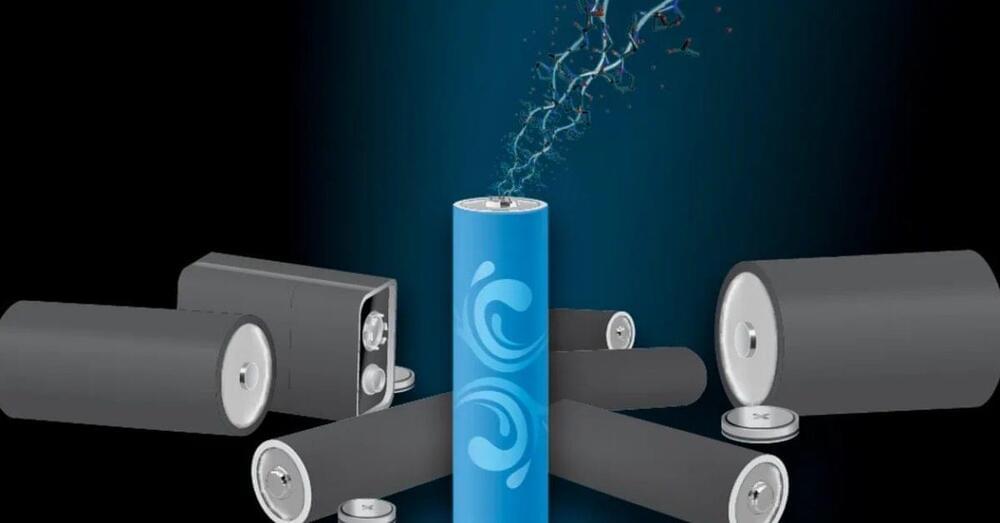Texas A&M University scientists have been working with metal-free, water-based battery electrodes, and they’re finding that the difference in energy storage capacity is as much as 1,000%.
In the scientists’ paper, published in Nature Materials this week, the water-based, or aqueous, batteries consist of a cathode – the negatively charged electrode; an anode – the positively charged electrode; and an electrolyte, like traditional batteries. But in this water-based battery, the cathodes and anodes are polymers that can store energy, and the electrolyte is water mixed with organic salts.
The electrolyte transfers the ions – the charge-carrying particles – back and forth between the cathode and the anode, and the electrolyte is also key to energy storage through its interactions with the electrode.
